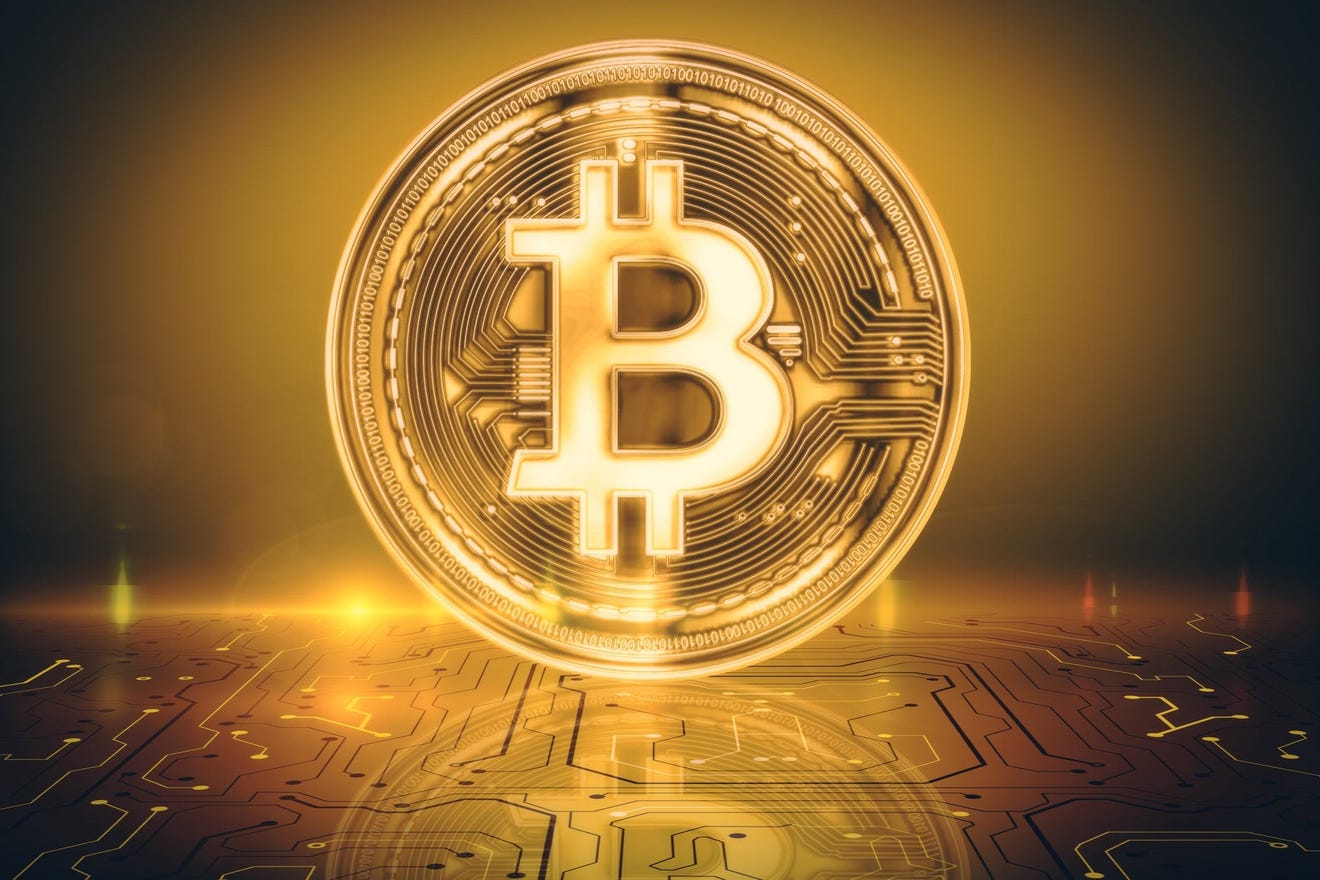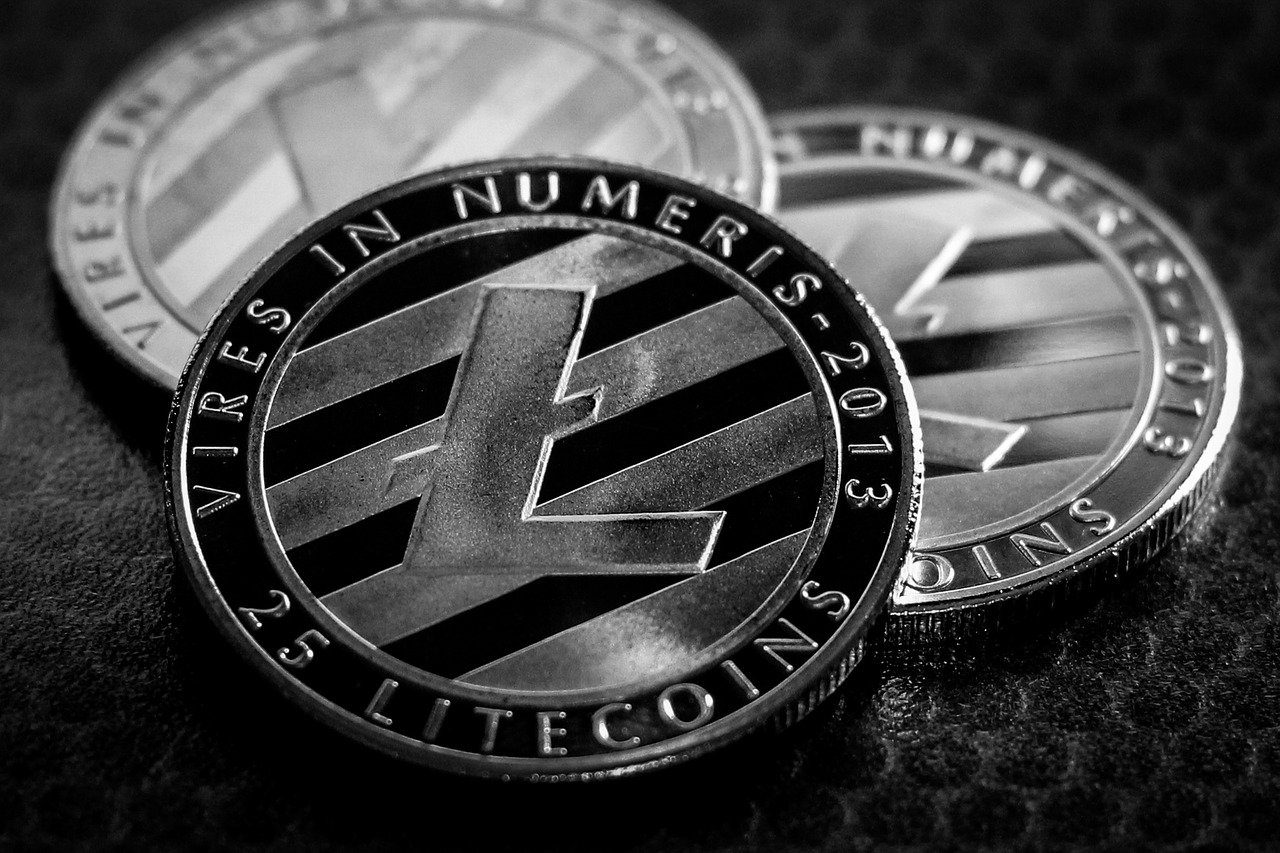Table of Contents
Bitcoin is undoubtedly the most popular cryptocurrency, but Litecoin is emerging as a faster, more sophisticated version.
If you have tried sending Bitcoin to someone and had to wait 30 minutes for confirmation, you already know how frustrating that can be. That’s why you should probably consider Litecoin.
Bitcoin will always be the popular standard. It’s what got me into crypto in the first place. But over the years, I’ve learned that sometimes you don’t need what is popular—you need something fast, reliable, and cheap. That’s where Litecoin comes in.
This article explores the real differences between Litecoin and Bitcoin. You’ll learn what each one is best for, how they function, and which best suits your needs.
Why is Every Crypto Compared with Bitcoin?

Whether you’re buying Ethereum, Litecoin, or some obscure altcoin, the first question is always, “How does it compare to Bitcoin?”
That’s because Bitcoin was first. It has the most trust, and the highest market cap, and it’s the coin that institutional investors (like MicroStrategy or Tesla) hold. It’s also the one government that is watching.
Bitcoin’s most unique advantage comes from the fact that it was the very first cryptocurrency to appear on the market. It has been able to influence the creation of thousands of coins alike, attracting millions of traders and investors.
The emergence of the first cryptocurrency has created a conceptual and technological basis that subsequently inspired the development of thousands of competing projects.
What is the Difference Between Litecoin and Bitcoin?

1. Speed & Throughput
Bitcoin takes about 10 minutes to confirm a transaction, while Litecoin takes just 2.5 minutes. It handles more transactions per second, too—around 56 compared to Bitcoin’s, which is 7. That’s a huge deal if you’re making frequent or real-time payments.
2. Fees & Costs
Bitcoin fees can hit $10 or more, but Litecoin usually costs less than 5 cents per transaction.
One time, I sent $100 in Bitcoin and paid $14 in fees—more than 10%! When I switched to Litecoin for similar transfers, my fees dropped to literal pennies. If you’re moving small amounts of money, Litecoin can save you a lot.
3. Mining Algorithm
Bitcoin and Litecoin use different systems to keep their networks secure. Bitcoin uses something called SHA-256, while Litecoin uses Scrypt. That might sound technical, but here’s the difference: Scrypt is easier on your computer, so you don’t need expensive equipment to mine Litecoin.
4. Supply and Inflation
Bitcoin caps out at 21 million coins, and Litecoin, at 84 million. That’s why a single Bitcoin is so expensive—supply is tight. Both coins go through “halving” events every four years to reduce supply and fight inflation.
I like knowing that both are deflationary. But because Litecoin has more coins, it feels easier to use for spending and less like a precious collectible.
Technical Advantages of Litecoin
Litecoin is built for speed and ease. I regularly use Litecoin to buy gift cards or top up wallets for freelancers I work with. It’s quick, cheap, and works every time. The fact that it’s getting privacy features like MimbleWimble only adds to its future potential.
Bitcoin may be more advanced in terms of security and trust, but Litecoin is more practical for daily use.
Market Position and Real-World Adoption
Institutional Trust & Liquidity
Bitcoin is backed by the big players. Many exchange traded funds (ETFs), hedge funds, and big banks invest in it, and it’s even part of pension portfolios now.
Litecoin doesn’t get the same spotlight, but I’ve used it to pay at merchants that accept crypto via BitPay. Places like travel sites, small shops, and even freelance platforms are starting to support Litecoin. It’s sneaking its way into real life.
Regulatory Landscape
Bitcoin is under the microscope. Litecoin isn’t. With Bitcoin ETFs and regulations popping up everywhere, BTC is heavily watched. Litecoin, though? It mostly flies under the radar.
That’s good and bad. It means less attention, but also less interference. Litecoin remains the underdog, with fewer barriers to its use.
Will Litecoin Ever Be Better Than Bitcoin?
What you want to achieve is a function of whether Litecoin will be better than Bitcoin. If I want to save up coins, I use Bitcoin. But when I feel like sending money to someone outside the country or tipping a Twitch streamer, I use Litecoin.
The reality is that they serve different purposes. Bitcoin is for holding, and Litecoin is for transacting.
Where to Buy Bitcoin and Litecoin Safely
Here’s what I use:
- Exchanges: You can buy Bitcoin from reputable exchange platforms like Binance.
- P2P: Binance P2P (great for African markets), Paxful
- Wallets:
- Hot Wallets: Trust Wallet, Exodus
- Cold Wallets: Ledger Nano X, Trezor Model T
Frequently Asked Questions (FAQs) About Litecoin and Bitcoin
Can Litecoin transactions be cheaper than Bitcoin
Yes, Litecoin transaction fees can be cheaper than that of Bitcoin. While you can pay about $0.05 in Litecoin fees, Bitcoin can easily go over $10 during peak periods.
Will Litecoin ever surpass Bitcoin in value or usage?
It is unlikely that Litecoin will surpass Bitcoin in value. wns that. This is owed to the growing interest like institutional adoption of Bitcoin.
Is it safe to hold both Litecoin and Bitcoin?
Yes, it is safe to hold both Litecoin and Bitcoin at the same time. Holding both gives you balance—store value with Bitcoin, spend freely with Litecoin.
Conclusion
Bitcoin builds wealth while Litecoin lets you spend it without friction. So think of Bitcoin as your savings account and Litecoin as your cash wallet. Over the years, I’ve learned that a smart crypto strategy includes both. Whether you’re saving small amounts of Bitcoins or sending them out quickly and little by little, there’s a place for both in your wallet.
Don’t just dabble with both; choose one and stick with that one. But if you must use both of them interchangeably, then strive to understand what each one is best at. And always keep your crypto safe.
Last updated on August 1, 2025

